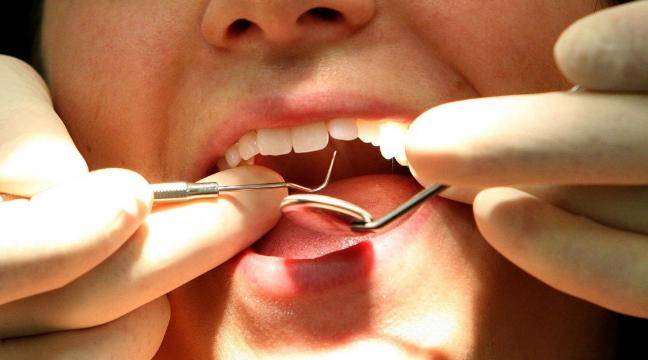London (Web Desk): Scientists have discovered a way to naturally regrow damaged teeth.
Researchers at King’s College London (KCL) found that a drug designed to treat Alzheimer’s disease was able to stimulate the tooth to create new dentine capable of filling in large cavities.
Teeth can already cope with small areas of damage using the same process, but when the holes become too large a dentist must insert artificial cements or the tooth will be lost.
Professor Paul Sharpe, lead author of a paper in the journal Scientific Reports, said: "The simplicity of our approach makes it ideal as a clinical dental product for the natural treatment of large cavities, by providing both pulp protection and restoring dentine.
"In addition, using a drug that has already been tested in clinical trials for Alzheimer's disease provides a real opportunity to get this dental treatment quickly into clinics.”
If a tooth is damaged or infected, the soft inner pulp can become exposed, risking further infection. When this happens, a band of dentine, the hard material that makes up most of the tooth, will attempt to bridge the gap and seal off the pulp. But the researchers found that the natural repair mechanism could be boosted if the drug Tideglusib was used.


